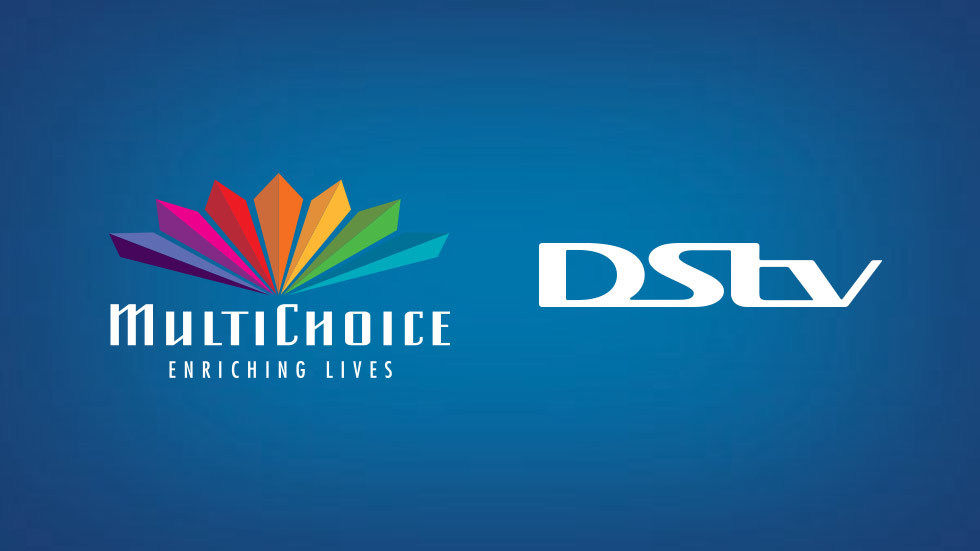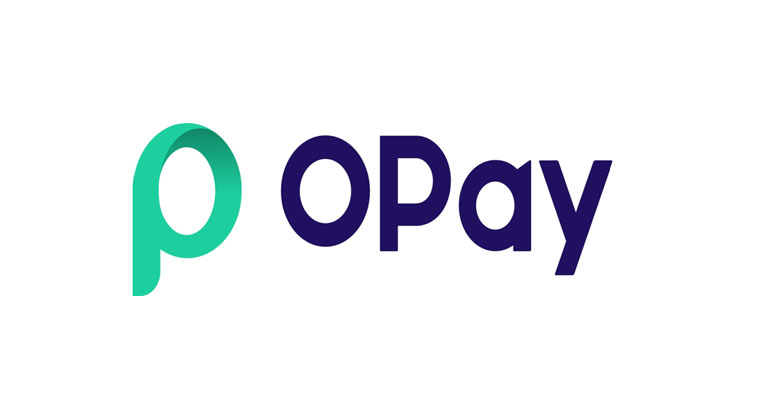- Snapchat Shares Surge 44% in Market Debut
Snap Inc. (SNAP) opened for trade at $24 per share on Thursday, up 40% from its pricing of $17 per share. Since its core product, Snapchat, has already captured the millennial market, now the real opportunity is to lure in older Americans, particularly in a corporate context.
Tech executives like Jennifer Morgan, the president of software company SAP’s (SAP) North American division, are using Snapchat to communicate with her 20,000 employees. Morgan, 45, scrapped the all-hands meeting and replaced it with a pre-recorded two-minute video that she e-mailed employees. At the end of the video, she shares her Snapchat code and asks employees to continue the conversation or ask her any questions through the app.
“Traditionally, when you think about communication in the office, employees go to the leader. I’m trying to develop a way to speak with my employees in ways that work for them,” she told Yahoo Finance. “Though nothing can replace in-person events, I’ve discovered that people appreciate effective, efficient communication.”
After consulting with several employees and observing how her 15-year-old son uses the app, Morgan decided that replacing town hall meetings with Snapchat was both efficient and added a layer of personalization.
“I was amazed at how many people thanked me for not only giving them back the time but opening up communication on a platform like Snapchat,” she said. “I think the app is a way to easily communicate in a perfectly imperfect way with my employees.”
She highlights that business executives can come off scripted, almost too polished, and are inaccessible to employees.
“What I love about Snapchat is it’s very real, very authentic, and you can show scenes of your personal and professional lives. A lot of people make these assumptions about both male and female leaders with regard to the pace, glamour and travel of our lives,” she said. “It’s fun to show that, sure, some of those assumptions are true — but at the same time we are all human beings tugging at our time, dealing with the same travel hiccups everyone else experiences.”
Morgan is now one of Snapchat’s 158 million daily active users. Other business leaders may want to take note.
It’s common knowledge that Snapchat is wildly popular among teens. Users spend 25 to 30 minutes every single day sending and receiving these ephemeral photos.
But, for Gen Xers, baby boomers, and even the millennials who aren’t sold on the entertaining utility of the app, this could be a goldmine use case that Snapchat can — and should — tap into.
This decision fits into the larger push that SAP has been making to shake up the traditional way of internal communication.
This month, SAP will be eliminating the “formal, traditional and painful” annual employee reviews for all employees around the world and replacing them with more “frequent and informal conversations” between employees and managers, according to a company spokesperson.
Though Morgan is not part of the app’s core user demographic (70% of Snapchat’s US users are millennials), the app has gained traction with the older generations (parents (and grandparents) love Facebook, after all). And though the overwhelming friend adds came from her employees in their 20s and 30s, older employees have also created accounts to connect with Morgan.
“People who were already on the app added me right away. But others have been creating accounts — like me — now,” she said. “A lot of folks are increasingly curious about Snapchat, especially because they know their kids are on it.”
She said that she’s seeing a phenomenal return on her investment. Several hundred of her employees have added her and 5-20 people have been adding her every day.
“I don’t see it as work. It’s an easy, natural thing to do, and an everyday, on-the-go part of my job now,” she said. “My life blends. I work a lot so it becomes difficult to separate who I am at work and home — I’m pretty much the same person. When I signed up, I knew I had to be willing to put myself out there, for anyone to see.”


 Forex4 weeks ago
Forex4 weeks ago
 Naira3 weeks ago
Naira3 weeks ago
 Billionaire Watch3 weeks ago
Billionaire Watch3 weeks ago



 Naira4 weeks ago
Naira4 weeks ago






 Naira3 weeks ago
Naira3 weeks ago


 Naira2 weeks ago
Naira2 weeks ago






 Naira2 weeks ago
Naira2 weeks ago
 Commodities4 weeks ago
Commodities4 weeks ago





















